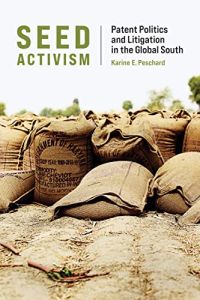
Recommendation
The advent of genetic seed engineering in the 1980s triggered disputes between the corporations assuming proprietary control of seeds and those advocating for issues such as farmers’ rights and affordable food that would last decades. Given today’s existential threats, such as climate change, Karine Peschard argues that people must gain a better understanding of the global food supply and the corporations controlling food production. She reveals how the lawsuits against corporate giants such as Monsanto challenge the global agbiotech hegemony.
Summary
About the Author
Geneva Academy of International Humanitarian Law and Human Rights research fellow Karine Peschard is an associate researcher at the Albert Hirschman Centre on Democracy.
Learners who read this summary also read
Book
Book
Article
Book
Book








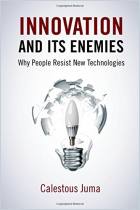
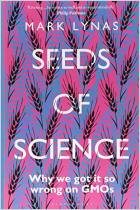
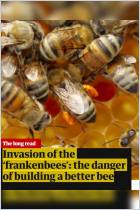
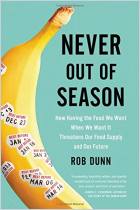
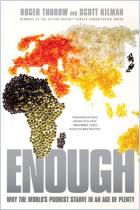









Comment on this summary or Démarrer une discussion